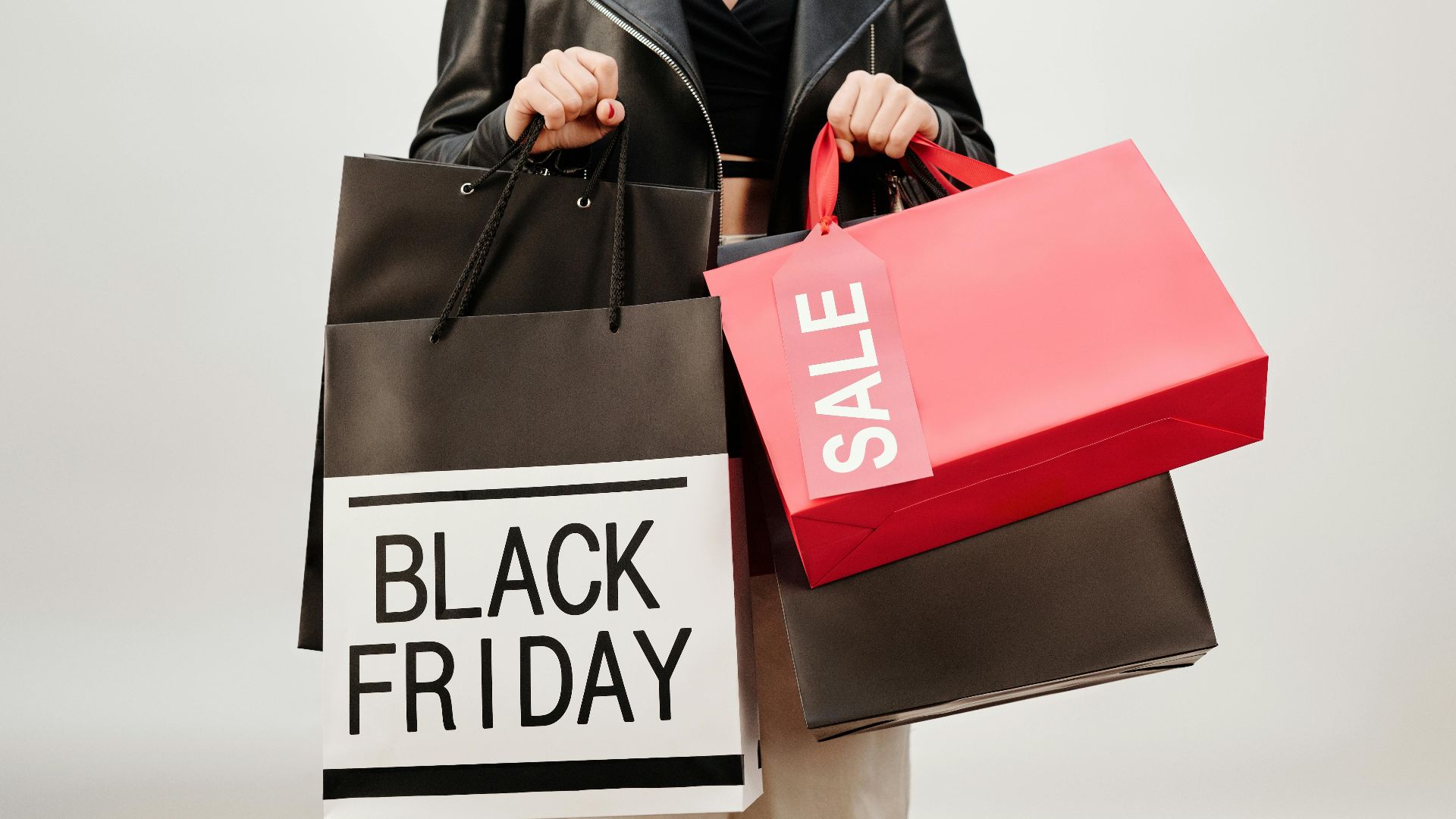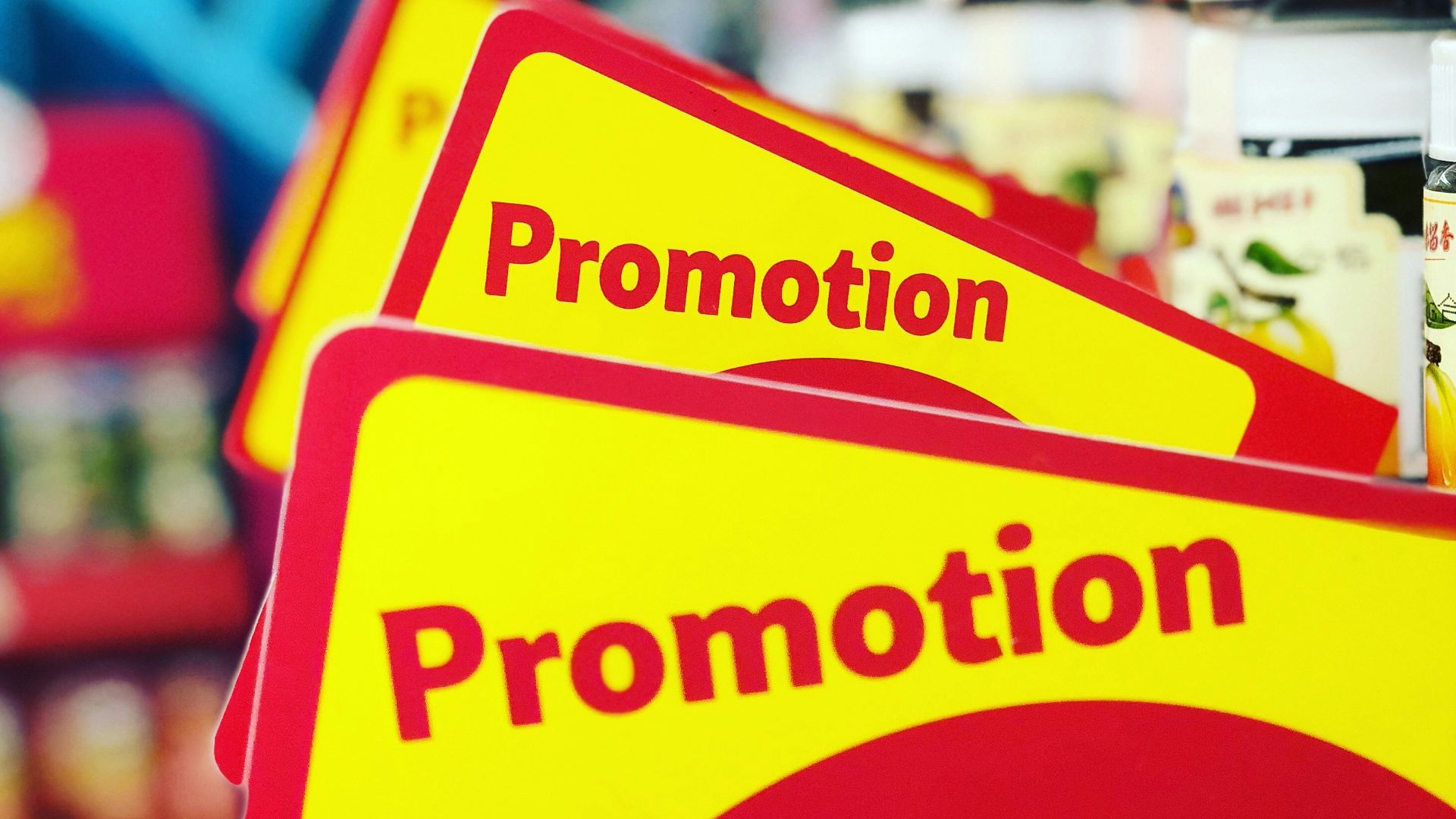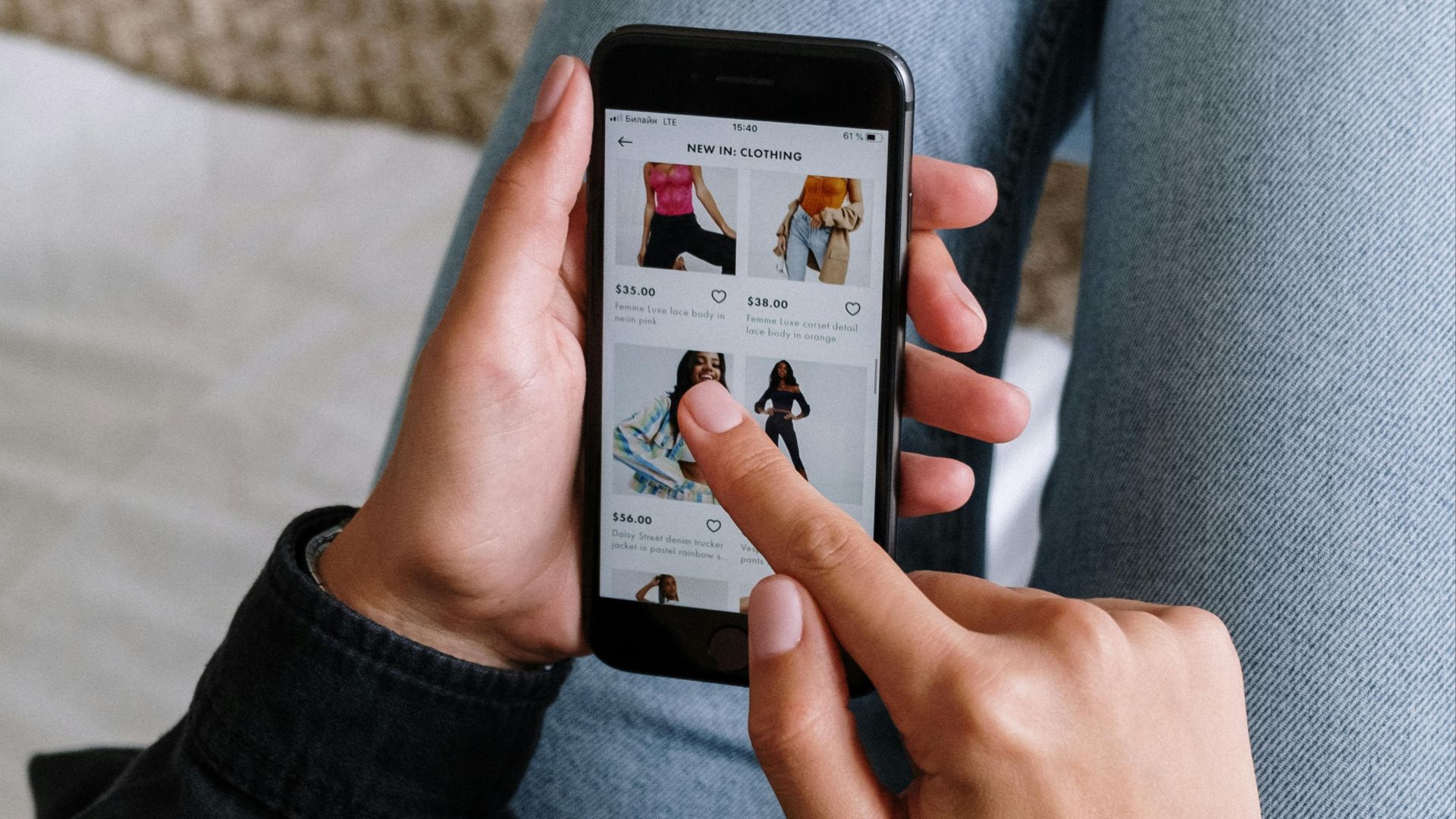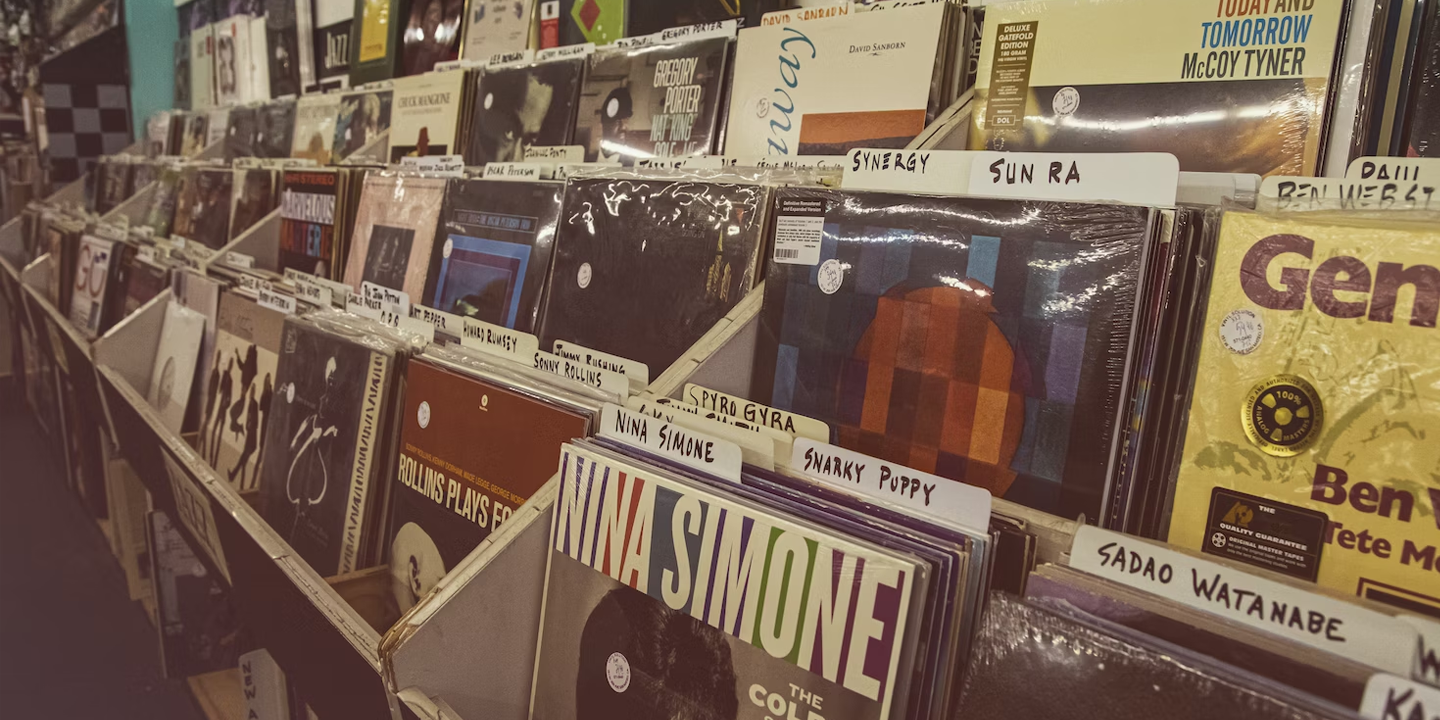Whenever Black Friday starts creeping up on your calendar, it's not just that you're anticipating all the shopping you'll do the day right before the event—you're anticipating it for weeks. Maybe you already have a few items on your wishlist that you've been keeping tabs on; maybe they're already in your cart. Heck, maybe you've already given in and bought them because of an early Black Friday sale. Whatever it is, you're a runner at the start line, waiting for the signal. As soon as the green light comes, you're blasting out.
But what is it about Black Friday that seems to make us almost irrational? On any other day of the year, we'd probably be more careful about spending the big bucks, even if there's a good discount. So, how come we're so ready to shop 'til we drop when Black Friday rolls around, even so far as to push rational decisions to the back of our minds? Well, as it turns out, psychology is at play here. And like a game, it's designed to be this way.
Deals, Deals, Deals
The thing about a good deal is that it will always entice customers. No one can pass up a great discount, especially if it's an item they've been eyeing for a while. And while you might see minor surprise sales pop out throughout the year—10%, 15%—none of these promotions are as huge as the ones you'll see on Black Friday. Hence, the frenzy.
But here's the kicker: with sales so good on Black Friday, it often doesn't even matter if the discount is on an item that's on your wishlist or not. When we see a deal that's too good to pass up, buying it makes us feel satisfied, even if we didn't want it in the first place.
Urgency + Scarcity = Panic
When Black Friday sales go live, it doesn't just spark a sense of urgency. There's also the scarcity principle at play, where people tack on more value to items that have limited stock. So when businesses flash signs that say "selling out soon" or "limited-time sale," our brains immediately latch on, and we'll often make more impulsive shopping decisions just so we can feel good about getting our hands on something rare.
FOMO
The scarcity principle is also driven by something else: FOMO, or the fear of missing out. When we know that something is scarce, we assume it's desirable, and we therefore don't want to be someone who misses out on getting the item.
Here's an example: Think back to a time when you had something you wanted added to your cart and thought to yourself, "I'll complete the purchase tomorrow"—only for it to be sold out the next morning. How did you feel? Probably not great. After all, losing something you could've had is often more painful than the joy you get from gaining it, which is why we often try to avoid feelings of FOMO by acting right away.
Endowment Effect
There's also the endowment effect, which is the feeling that we already own an item that's in our cart, even if we haven't checked out yet. Maybe it's something you've wanted for a while, and now that it's sitting in your cart, it feels like a big step. Maybe you've already been imagining how the item will fit in your life, or if it's as good as the reviews say it is. The point is, the item feels like it already exists in your hands, so it gets harder to let go.
Is Black Friday Shopping Supposed to Be Stressful?
Yes. Along with the scarcity principle and the sense of urgency we get when Black Friday sales go live, it's no surprise that shopping on this day feels frantic and stressful. Marketers know, too: the more frenzy they can stir up, the more people will impulse buy. So if you ever catch yourself experiencing buyer's remorse shortly after a Black Friday shopping spree, you're not alone. That's just how the cookie crumbles.










